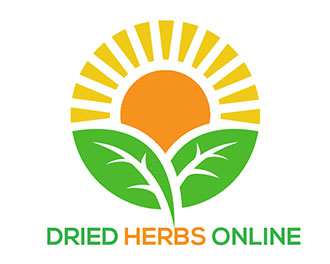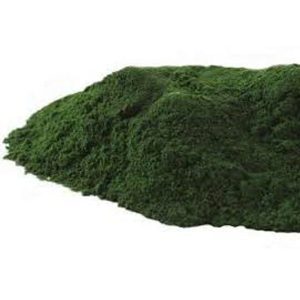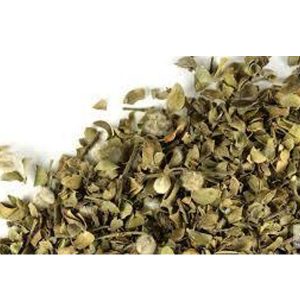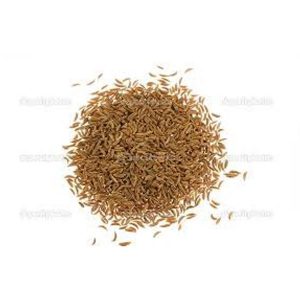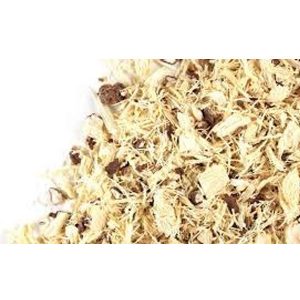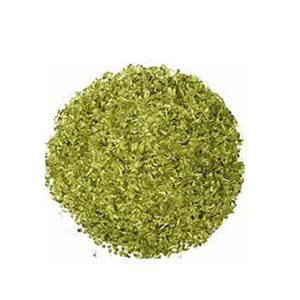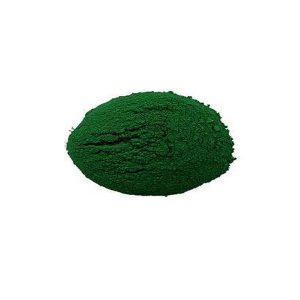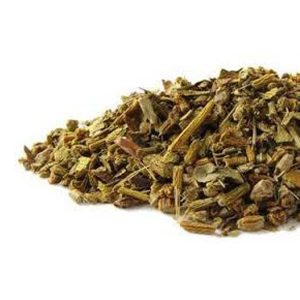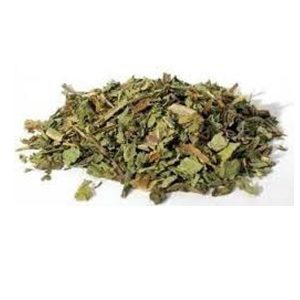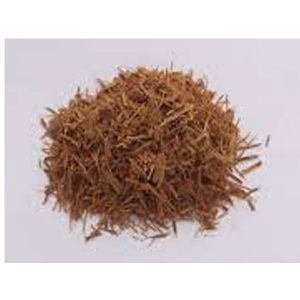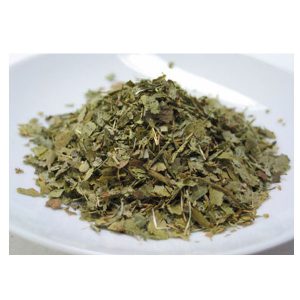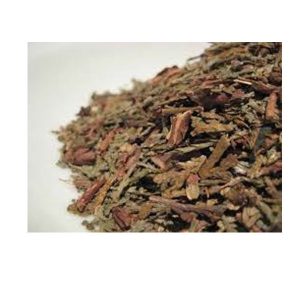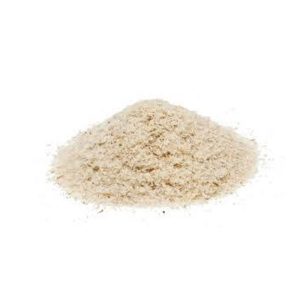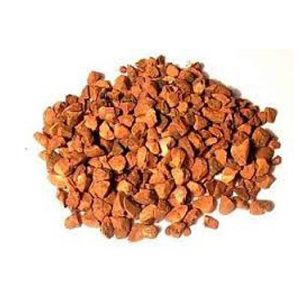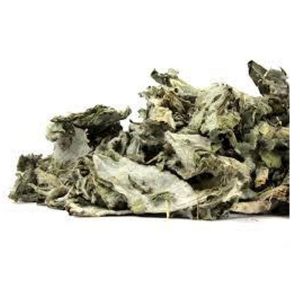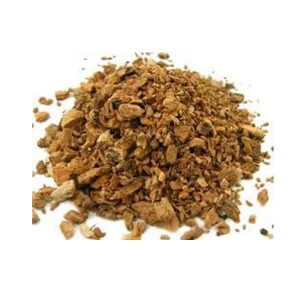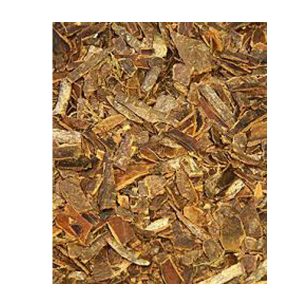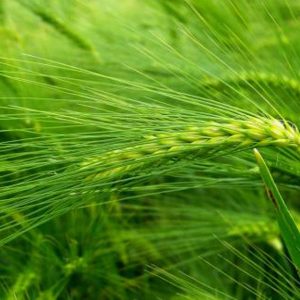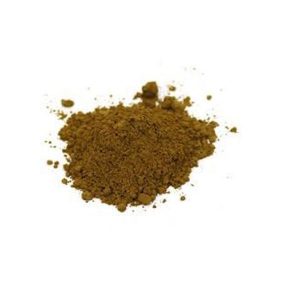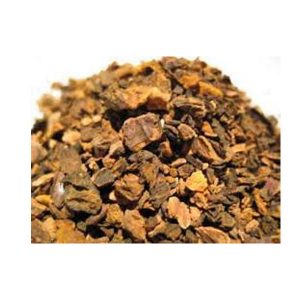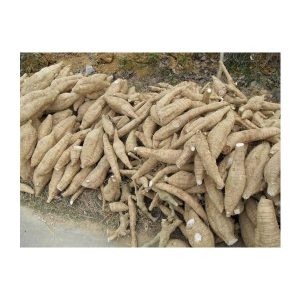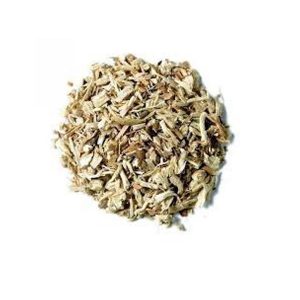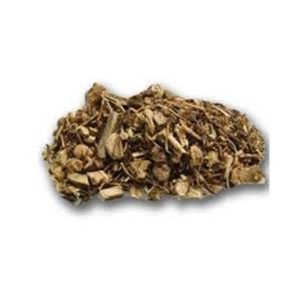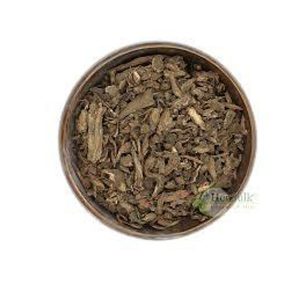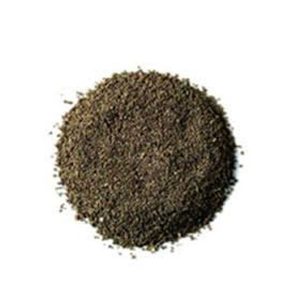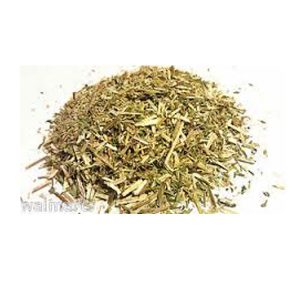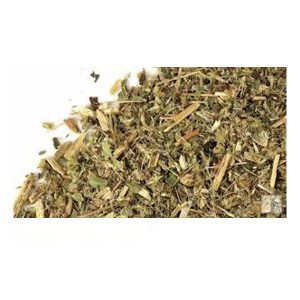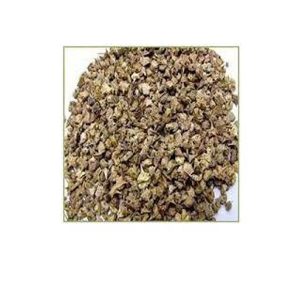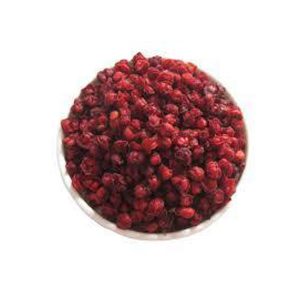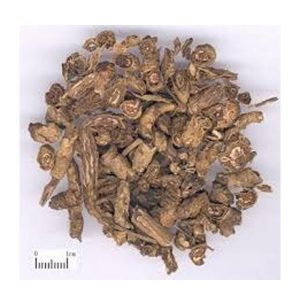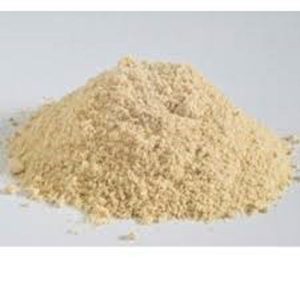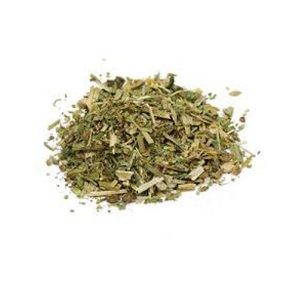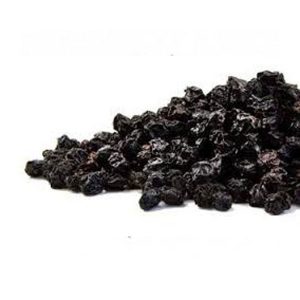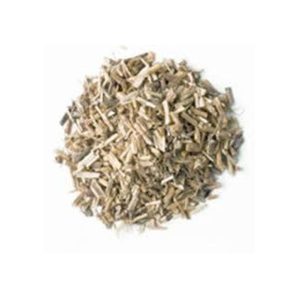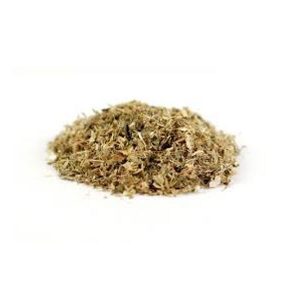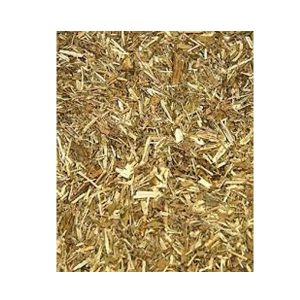
Individual Medicinal Herbs
-
Chapparral – Larrea tridentata
or 4 payments from $3.48 with Afterpay
$13.90 – $52.80Chaparral is also known as creosote bush because of its taste. Do not let that put you off as this is a potent herb with a lot of punch.
It is a powerful healing herb that grows in the desert regions of the American Southwest, in quite arid condition.
-
Cats Claw – Uncaria tormentosa
or 4 payments from $2.05 with Afterpay
$8.20 – $39.95Cats Claw is a woody vine native to the Amazon rainforest and other places in South and Central America.
Ancient Peruvian medicine used Cats Claw for digestive complaints, stomach problems, cancers, arthritis and to treat wounds.
-
Barley Grass Powder – Hordeum vulgare
or 4 payments from $2.93 with Afterpay
$11.70 – $56.70Barley grass is a green superfood that has its emerald green colour showing its high levels of chlorophyll which is superior in its high levels of nutrients, enzymes and minerals.
Barley grass offers more protein than a sirloin steak, five times the amount of iron as broccoli, seven times more vitamin C than orange juice and 11 times more calcium than milk.
It is definitely in the Superfood category.
-
Turmeric – Curcuma longa
or 4 payments from $1.33 with Afterpay
$5.30 – $25.60Turmeric is an ancient spice, a native of South East Asia, used from antiquity as dye and a condiment. It is cultivated primarily in Bengal, China, Taiwan, Sri Lanka, Java, Peru, Australia and the West Indies. It is still used in rituals of the Hindu religion, and as a dye for holy robes, being natural, unsynthesized and cheap. Turmeric is in fact one of the cheapest spices. Although as a dye it is used similarly to saffron, the culinary uses of the two spices should not be confused and should never replace saffron in food dishes Its use dates back nearly 4000 years, to the Vedic culture in India where it was used as a culinary spice and had some religious significance.
The name derives from the Latin terra merita “meritorious earth” referring to the colour of ground turmeric which resembles a mineral pigment. In many languages turmeric is simply named as “yellow root”
-
Blessed Thistle – Cnicus benedictus
or 4 payments from $1.48 with Afterpay
$5.90 – $28.40Blessed Thistle is often used in teas for nursing mothers to help increase milk supply.
It is known to increase circulation and treat hormone imbalance.
It enhances memory by delivering oxygen to the brain and is supportive of the heart and lungs.
-
Epilobium – Epilobium parviflorum
or 4 payments from $3.49 with Afterpay
$13.95 – $65.20Traditional uses for this herb includes for enlarged prostate, inflammation of the prostate, gastrointestinal disorders, kidney and bladder disorders, rectal bleeding, menstrual disorders, cystitis, urinary infections, diarrhoea, mouth lesions and irritable bowel syndrome
